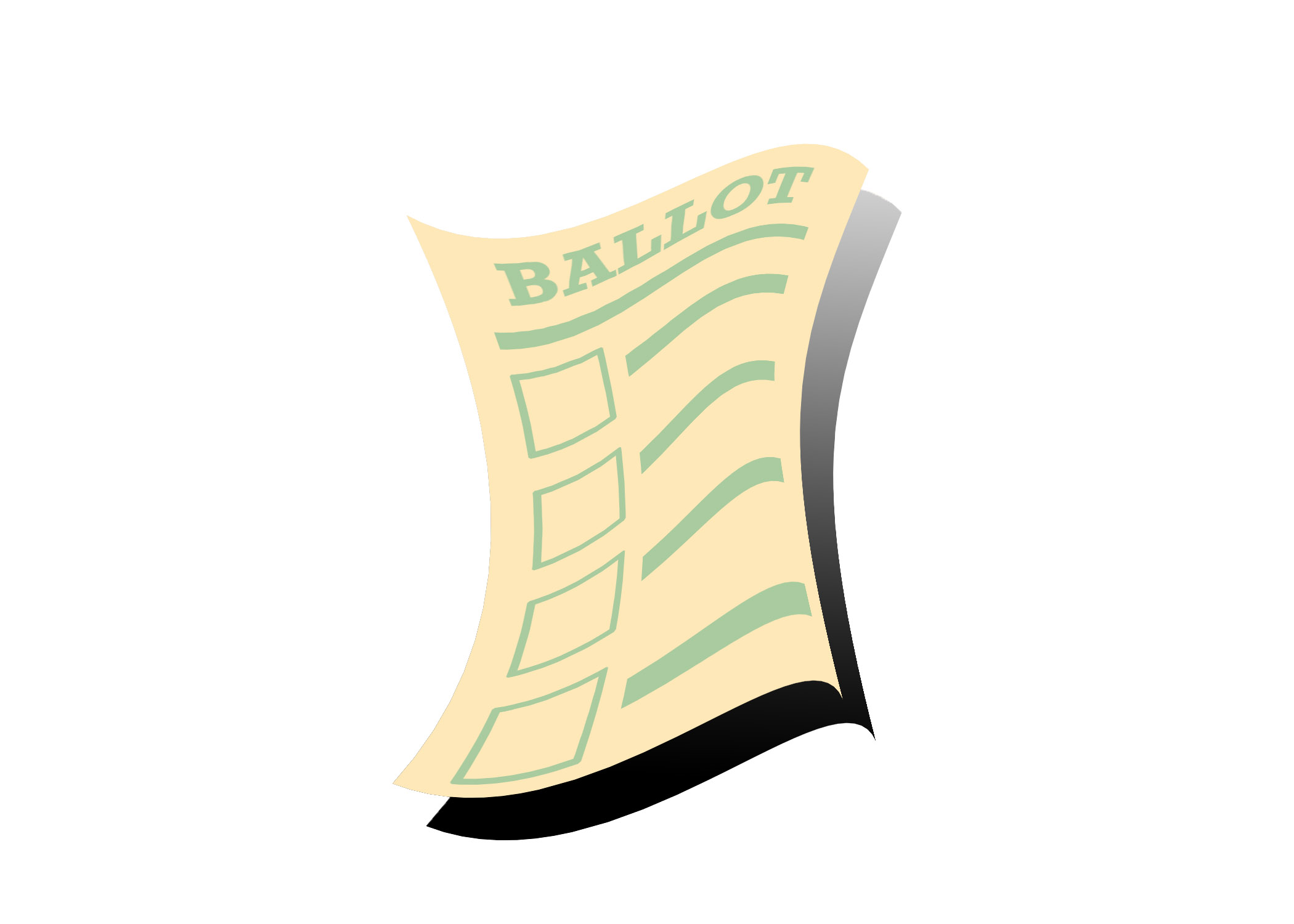Seniors Vote to make a Difference

 As the presidential election approaches on Nov. 8, many people are preparing to vote for the candidate they believe will best lead the United States. Out of the total voter turnout, the amount for high school and college students is usually low. According to the Center for Information & Research on Civic Learning and Engagement (CIRCLE), citizens who are 18 to 28 years old make up 21 percent of the total eligible voting population. However, only 51 percent of young citizens voted at the 2008 polls and 45 percent of young citizens voted in the 2012 presidential election.
As the presidential election approaches on Nov. 8, many people are preparing to vote for the candidate they believe will best lead the United States. Out of the total voter turnout, the amount for high school and college students is usually low. According to the Center for Information & Research on Civic Learning and Engagement (CIRCLE), citizens who are 18 to 28 years old make up 21 percent of the total eligible voting population. However, only 51 percent of young citizens voted at the 2008 polls and 45 percent of young citizens voted in the 2012 presidential election.
One of the reasons that young citizens do not vote is that they feel uninformed about the election process and politics in general. The National Assessment of Educational Progress (NAEP) found that one-third of high school seniors do not fully understand how the American government operates. They also found that high school age students do not believe that politics are relevant to their lives. For these reasons, a majority of young citizens have not voted in prior years.
A large number of Peninsula seniors are or will be 18 years old and eligible to vote in November, including seniors Lindy Liu, Elise Sommerstein and Joey Black. They plan to vote in the election and feel that it is important for other eligible high school students to participate as well.
In order to stay informed, Liu watches the presidential debates, checks updates on Facebook and looks at the CNN website frequently. She hopes that other seniors will also become involved with politics and educate themselves before voting.
“These choices really matter, so we definitely need to do our research and not just follow what our parents say or what everyone around us does,” Liu said. “We need to go and make sure that we form an opinion that we can really believe in and truly support.”
“The media has been covering it a lot, and social media has [especially] been generating a lot of [opinions] on this election,” Liu said. “So I think young people [are taking] notice.”
While social media can help promote awareness of the election and encourage young people to vote, Sommerstein believes that the use of social media could label candidates with negative images.
She thinks that humorous portrayals of the candidates on social media could cause people to see the election as a frivolous matter, which is why it is important for students to vote based on their opinions of candidates’ policies and goals rather than voting blindly.
“We are the next generation, and this presidency will affect us throughout our college experience,” Sommerstein said.
Black feels that this presidential election may attract more young voters due to the differences in the candidates. He explained that young voters might have a stronger opinion in this election than previous elections.
“The two candidates have such opposing views,” Black said. “[This election] will set a precedent and tone for the years to come, especially with the judicial branch and who [is elected] for the Supreme Court. That will definitely have a long-lasting impact.”
Black also believes that starting to practice the process of researching candidates and forming opinions about them will help students later in life as they continue to vote. Although he hopes that many young people will vote, given that 18 to 28 year olds are consistently the smallest voter turnout, Black thinks that it is most important for people to understand who they are truly voting for.
“Be aware, do your research and make your own opinion, even if your [friends or parents] might not agree with you,” Black said. “Even if you think your vote may not matter, it is still important to go out there and experience the process [of] voting, to feel that you are making a change in the world.”

